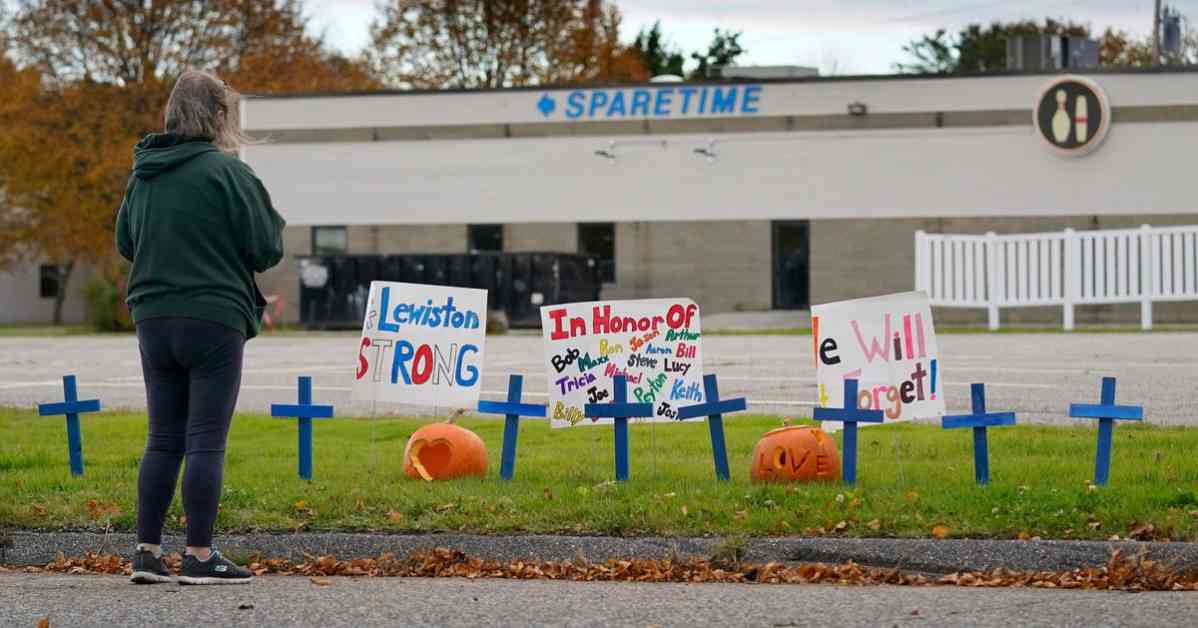Lawyers representing 100 survivors and relatives of the victims of Maine’s deadliest shooting have taken the first step in suing the U.S. Army for allegedly failing to prevent the tragedy. They claim that the Army was aware of the deteriorating mental health of the reservist responsible for the shooting, Robert Card, but did not take appropriate action. Card had been hospitalized for mental health issues and was exhibiting paranoid and delusional behavior, including creating a “hit list” of people he wanted to attack.
The lawyers argue that the Army had multiple opportunities to intervene and prevent the mass shooting that occurred on October 25, 2023, where Card killed 18 people and injured 13 others before taking his own life. Despite warnings from civilians and fellow soldiers about Card’s behavior and threats, the Army did not act effectively to address the situation.
The legal action taken by the victims and their families is not only about seeking justice but also about holding accountable those who may have been negligent in preventing the loss of their loved ones. Elizabeth Seal, who lost her husband in the shooting, emphasized the importance of accountability for the healing process of the victims and survivors.
The independent commission appointed by Maine’s governor found that both civilian law enforcement and the Army had missed opportunities to intervene in Card’s case. While the focus of the legal action is currently on the Army, there are concerns about the actions of a private hospital that treated Card as well as civilian law enforcement.
The claims against the Department of Defense, U.S. Army, and Army Keller Hospital allege that they failed to follow their own policies and procedures, leading to the tragic events in Lewiston. The lawyers argue that in a country where mass shootings have become all too common, authorities must take warning signs of potential violence seriously and take proactive measures to prevent such incidents.
The victims and their families are seeking accountability and justice for the lives lost and the trauma inflicted by the shooting. They hope that by holding those responsible for negligence or inaction accountable, they can begin the process of healing and find a sense of closure. The legal battle against the Army is just the first step in their quest for justice in the wake of Maine’s deadliest shooting.























